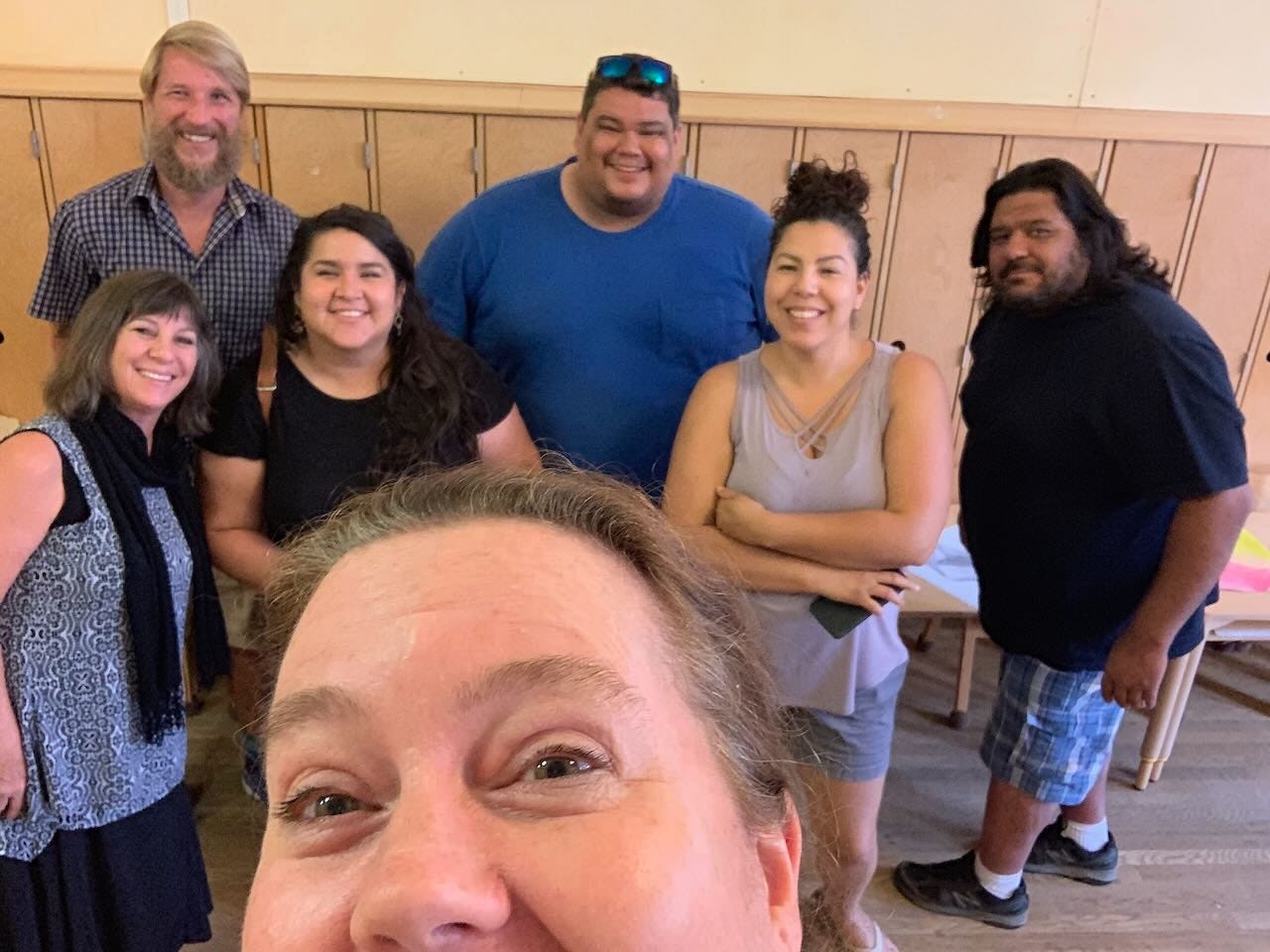🤝Trust, Reflection, and Growth: Not Just for Students
How mentorship made all the difference in my teaching career
When I think back to my early days as a teacher, it’s hard not to think about my mentors. I remember so many moments when I felt overwhelmed, unsure, and eager to do my best for my students, but all of that overwhelm and lack of confidence got in the way of my ability to find the way forward. It was in those moments that having someone to guide me—someone who had been through it—made all the difference.
I feel so fortunate that I had those people I could completely melt down with. I could honestly share all of my worries and describe moments when I felt like things were falling apart in the classroom. Now, I feel so lucky that I get to be on the other side of that relationship and I’ve thought a lot about how I can contribute to a mentorship relationship that is just as supportive as the ones I had back in the day. And even better, I’m realizing that mentorship can be just as nourishing for the mentor as it is for the mentee.
Also, you may not be surprised to know that I’ve developed a few opinions about what makes a good, healthy mentorship relationship.
The Foundation of Trust: Confidentiality
The first key is the importance of trust. Teachers need to know that their mentor is someone they can confide in without fear of judgment or disclosure. I’ve always believed that confidentiality is the cornerstone of a successful mentoring relationship. When a teacher feels safe to share openly, it creates space for genuine growth and connection.
I’ve been fortunate to experience this kind of trust with my own mentors, and I work hard to offer it to the teachers I mentor. It’s a privilege to hold space for someone as they navigate their challenges and triumphs, and it’s a role I take seriously.
This can sometimes be challenging because often school leadership is sponsoring (and sometimes requiring) the mentorship, and they want to know that progress is being made. But the mentor’s obligation is to the mentee. Mentors can (and often should) report to school leadership, but the contents of that report should be shared and approved by the mentee.
I’ve often told mentees when I visit their classrooms that they should hope that everything goes wrong. Rather than over-preparing and doing their best to put on a show that highlights their superior teaching skills, they should hope for a lesson that flops. Hope that the trouble-making students are ready with their peak performances. Let a random nature event derail the whole thing (remind me to tell you sometime about the bee that flew in and wreaked havoc during my very first mentor visit).
And then, after the dust settles, mentor and mentee will have a rich conversation that will lead to lots of growth.
Self-Reflection as the Compass
While a mentor provides guidance and support, the true direction of the mentoring process comes from the teacher’s own self-reflection. In my experience, the most meaningful growth happens when teachers take the time to deeply consider their own experiences, strengths, and areas for improvement.
To help with this, I’ve created a self-evaluation form that guides teachers through a thorough and thoughtful reflection process. This tool not only helps teachers articulate their goals but also ensures that our mentoring sessions are focused and impactful. If you’re a paid subscriber, you can scroll down to download this form and use it to jumpstart your own reflective process.
I’ll warn you that this is a robust form, so you might not need to fill it all out to get a sense for your areas of growth, but it’ll definitely help guide the process.
The Value of an Experienced, Objective Perspective
Now that I’m on the other side of the mentorship relationship, I’ve noticed the value of having an external perspective. As teachers, we’re so deeply immersed in the day-to-day rhythms of our classrooms that it can be hard to see the bigger picture and sometimes, our judgment is clouded by our heartfelt connection to the situation. A mentor brings a fresh set of eyes and a broader view, helping to identify patterns and solutions that might otherwise go unnoticed.
A Warm and Personal Touch
Mentoring has been one of the most rewarding aspects of my work. Over the years, I’ve had the privilege of supporting teachers in all kinds of settings, from bustling classrooms to cozy homeschool environments. Each relationship is unique, and every mentoring experience is a reminder of the incredible dedication and creativity that teachers bring to their work.
Just as I’ve felt so fortunate to work closely with my own students over the years, it’s truly an honor to help teachers refine their skills. I love seeing their eyes light up when they talk about their students (even the rascals—maybe even especially the rascals!) and their confidence build as they realize they’re engaged in a healthy growth process.
If you’re interested in working with me, I’m actually accepting mentorship clients. I’ve found that this is often the time of year when teachers need a little boost and a confidant can be invaluable. Whether you’re a classroom teacher navigating the complexities of group dynamics or a homeschooler looking for guidance, I’m here to help. Visit this page to fill out a form and share a bit about yourself and your goals.
Mentorship is more than just professional development; it’s a journey of self-discovery and connection. It’s about creating a space for growth, reflection, and inspiration—for both the teacher and the mentor. If you’re ready to take the next step, I’m here to walk alongside you.
Keep reading with a 7-day free trial
Subscribe to Waldorf at Work to keep reading this post and get 7 days of free access to the full post archives.



